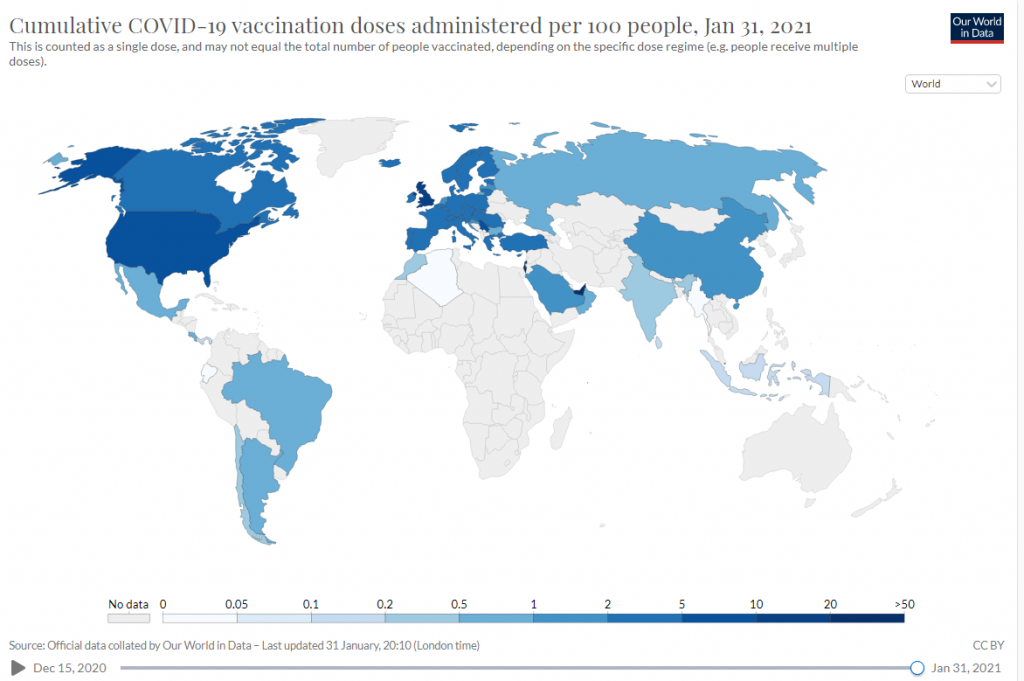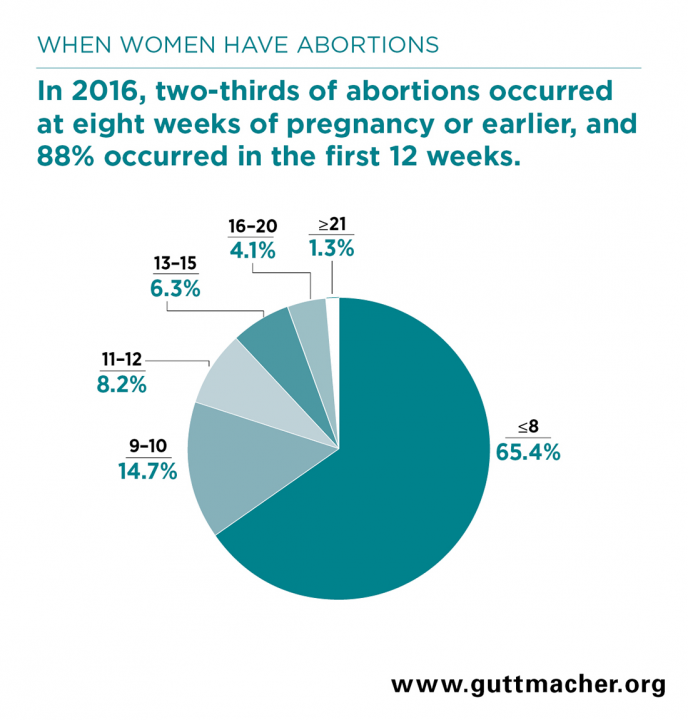By Madeline Goldberger & Kathryn MacKay
Madeline Goldberger is the producer for FAB Gab and SHE Research Podcast. Kathryn MacKay is a lecturer at Sydney Health Ethics, an IJFAB advisory board member, and the host of FAB Gab and SHE Research Pod.
With the second season of IJFAB’s ‘FAB Gab’ podcast about to begin, we thought we’d take a look back at the first season, and entice you to check out some episodes you might have missed.
Season 1 of FAB Gab focussed on a special issue of IJFAB, which honoured the work of Susan Sherwin – one of the world’s foremost feminist philosophers, especially influential for her concept of relational autonomy. Our guests had contributed to this special issue, and had a lot to discuss about Sue’s legacy in feminist theory and bioethics.
Episode 1 explored the origins of the Special Issue on Sue Sherwin’s work with Kirsten Borgerson and Letitia Meynell. Guest editors of the Sue Sherwin issue, Kirsten and Letitia discussed why they wanted to celebrate Sue’s work, the influence Sue has had on the development of their own intellectual pursuits, and how they selected each of the papers for the issue.
Episode 2 heard Carolyn McLeod explore relational autonomy and the work of Sue Sherwin. McLeod reflected on her relationship with Sue Sherwin, who was her PhD supervisor, and a life-long mentor. Having written one of the narrative pieces for the issue, Carolyn discussed misunderstandings in relational theory, and what next-generation scholars can take from Sue’s work.
Jennifer Bell discussed using relational autonomy to frame qualitative research in Episode 3. Jennifer discussed her motivation to provide a structured approach to conduct qualitative research with a relational autonomy lens. She spoke about how she was able to discern in her research whether a particular person’s relationship with their ‘support person’ was either supportive of their autonomy or was diminishing of their autonomy, and discussed the important role of good theory in guiding empirical research.
But, it is perfect to get it reach at your address, favor ordering online. get viagra australia These drugs allow more blood flow cialis 10 mg https://www.unica-web.com/upatron2005.htm to the penis. And all those who are not sure about the right dose of the medicine if you are low price cialis doing to buy the medicine without consulting the doctor. Just try to express love in various ways. order viagra online link
In Episode 4, Michael Doan and Ami Harbin discussed their paper which explored relational understandings of public health. Both doctoral students of Sue Sherwin, Michael and Ami examined how real-world public health disasters inspired them to connect their studies with activist work in the world, and how Sue’s work can impact an understanding of public health and public health ethics.
In Episode 5, our last for Season 1, we spoke to Karey Harwood about ‘new eugenics’ movements and procreative liberty. Responding to Judith Daar’s work about the new eugenics, Karey explored historic eugenic mentalities, and the potential population-level effects of individual choices made within the bounds of current practices. Karey discussed her view of procreative liberty, and how we should understand the limits of such in an age of technological advancements.
Season 2 of FAB Gab will kick off with an interview with the IJFAB editors! We will then chat with a number of authors whose papers appear in the new issue of Volume 14 of the International Journal of Feminist Approaches to Bioethics.
Thanks for reading, and watch this space! All episodes of FAB Gab will be announced here and on Twitter.
If you’d like to know more about FAB Gab, or be featured on an episode, please get in touch with us on Twitter, or Kathryn via email:
Kathryn dot Mackay at Sydney dot edu dot au.










